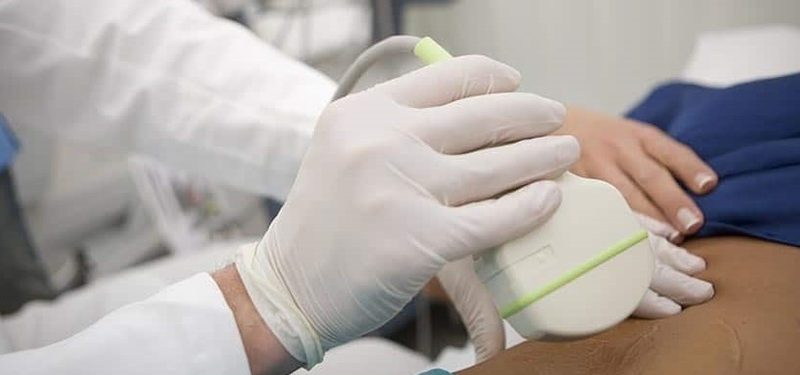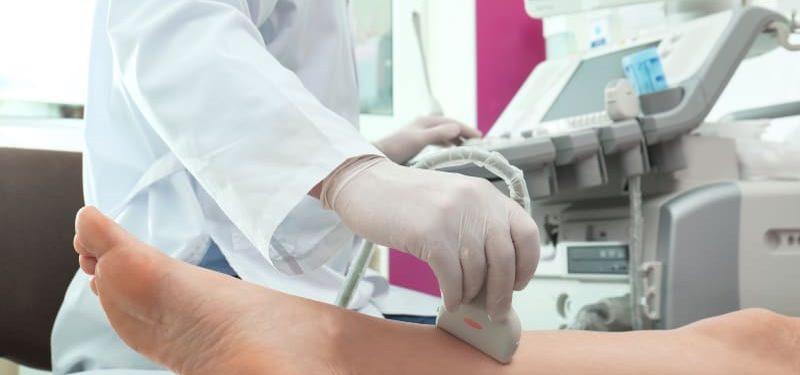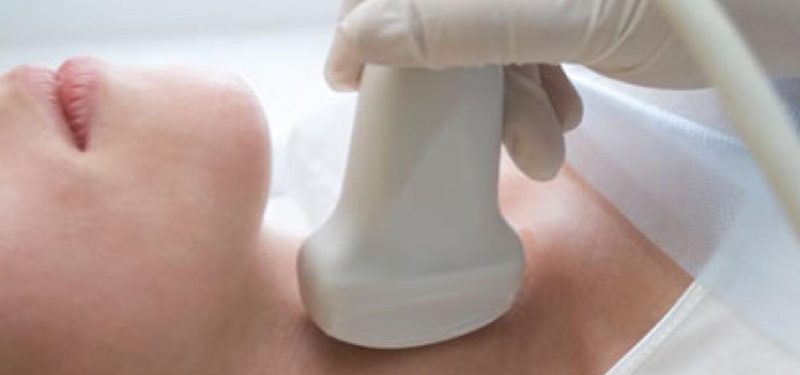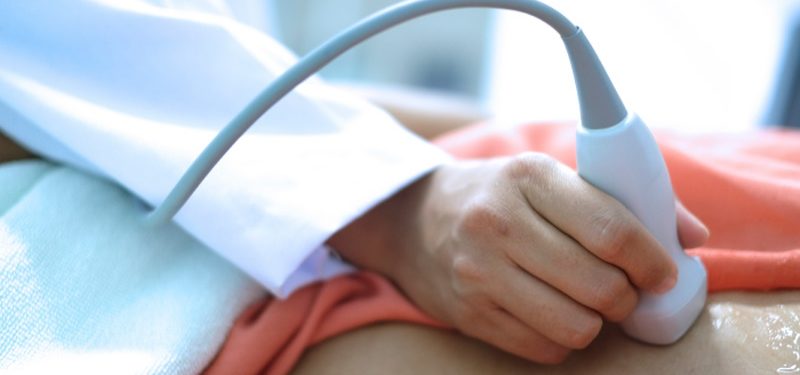Your Health: Wellness and Prevention
Wellness and Prevention Fact: Most Americans are reactive instead of pro-active when it comes to their health. People just don’t want to spend money on health care until something goes wrong. Why? The high cost associated with health care in our country today.
Look, it’s YOUR HEATH – AHCN-America’s Health and Wellness Prevention Services will allow you to be pro-active at a transparent and affordable price in order to help prevent a future health problem that may end up costing you thousands of dollars or even your life.
Don’t wait until a problem starts to arise, read more below to learn how a few simple tests can prevent health issues and promote wellness.

"Have Questions About Wellness Prevention Testing?"
"Have Questions About Wellness Prevention Testing?"
Complete, Sign and Submit the Wellness Form. It's ...
YOUR HEALTH - YOUR CHOICE - YOUR MONEY
YOUR HEALTH - YOUR CHOICE - YOUR MONEY
AHCN Wellness and Prevention Package
This screening evaluates the blood flow to the arteries in your legs. It is used to identify narrowing of your vessels that may be causing leg pain when you are resting or walking. The benefit of scanning the legs using an ultrasound machine is to help you and your doctor assess your arteries for vascular disease.
What Can I Expect During This Exam?
This is a painless, non invasive ultrasound of your legs. You can expect a technologist to place a transducer over various locations on your legs. Blood pressure readings will be taken of your ankles. You will not feel any pain; however you will feel mild pressure from the blood-pressure cuff and the transducer.
What can I expect after this exam?
After the exam, the images will be read by a Board Certified Radiologist. The results will then be shared with you and the physician listed when you scheduled the exam.
Who Should Receive This Exam?
- Family History of Vascular Disease
- Cigarette Smoker; Past or Current
- High Blood Pressure
- High Cholesterol
- Diabetes
An ultrasound echocardiogram checks the health of your heart, specifically evaluating how your heart chambers and valves are pumping blood through your heart. This is a non invasive, painless exam that is often used to determine if you have heart disease.
What Can I Expect During This Exam?
This is a painless, non invasive exam of your heart. The technologist will place a transducer over your chest to record images of your heart using sound waves. A screening echocardiogram takes approximately 30 minutes.
What Can I Expect After This Exam?
We will send the results to you and the physician listed in your paperwork. If there is any cause for concern, your physician will contact you.
Who Should Receive An Echocardiogram?
- Family History of Heart Disease
- High Blood Pressure
- High Cholesterol
- History of Cigarette Smoking
This screening is used to detect the existence of an aneurysm in the abdominal aorta. An enlargement of this blood vessel can be life threatening if it ruptures. About one person in every 1000 people ages 60-65 develop an AAA. This number increases with age. Screening studies show that AAA’s occur in 2-13% of males and 6% of females over the age of 65.
What Can I Expect During This Exam?
This is a painless, ultrasound exam. There is no radiation and no risk to the patient. You will be asked to fast for four hours before your scan and you can have a small amount of water if needed to take your medication.
Who Should Receive This Screening?
- Men and Women Aged 65-75 Who Are Smokers or Who Have Smoked.
- Men and Women Over 55 With a Family History of Abdominal Aortic Aneurysm.
If I Have an AAA will I Have Symptoms?
In most cases, an AAA causes no noticeable symptoms and that is why we recommend screenings for those who are considered higher risk. If it becomes large, some people may develop a pain or pulsating feeling in the stomach area or persistent back pain.
This screening will produce images of the carotid arteries in the neck. These arteries are crucial because they are responsible for carrying blood from the heart to the brain. Blockages in these arteries can cause a stroke. When blockages are found, the problem can be fixed before severe and even life threatening problems occur. The test measures the thickness of the inner two layers of the carotid artery (the intima and media) and can detect any thickening before symptoms are present. This is a proactive test, especially for individuals with a family history of heart disease.
What Can I Expect During This Exam?
This is a painless, non invasive exam that takes about 20 minutes to complete. The technologist will apply gel and will run the ultrasound probe probe along both sides of your neck.
What Can I Expect After This Exam?
Images taken will be evaluated by a Board Certified Radiologist. The results will be sent to you and the physician listed in your paperwork. If there is a problem, your doctor will notify you.
Who Should Receive This Exam?
- Men and Women Over 40 With a Family History of Heart Attack or Stroke
- Cigarette Smoking – Past or Current
- Appropriate For All Adults 50 and Older




Wellness and Prevention Will SAVE You Money!
- Get Enough Sleep: An adult body needs nearly 6 to 7 hours of sleep per day. Our body needs proper sleep and rest to heal and renew.
- A Balanced Diet: When your body lacks essential nutrients, it may lead to health issues. Eat fruits and vegetables in sufficient amount.
- Learn To Deal with Stress: Learn smart & effective ways to help reduce. Try to avoid the situations that cause stress.
- Exercise Daily: With daily exercises your blood flow increases to all parts of your body, giving you more energy physically & mentally.
- Be Social: Isolation and lack of communication are the two biggest reasons for depression, mental and physical illnesses.
- Find and Practice New Hobbies: Finding new hobbies is great for strengthening your brain and boosting your mood.
- Live in the Present: One reason for experiencing mood swings, depression and anxiety are people remain stuck on past events.
- Laugh and Enjoy! Those who remain happy and smile more experience a better quality of life than those who remain worried.
